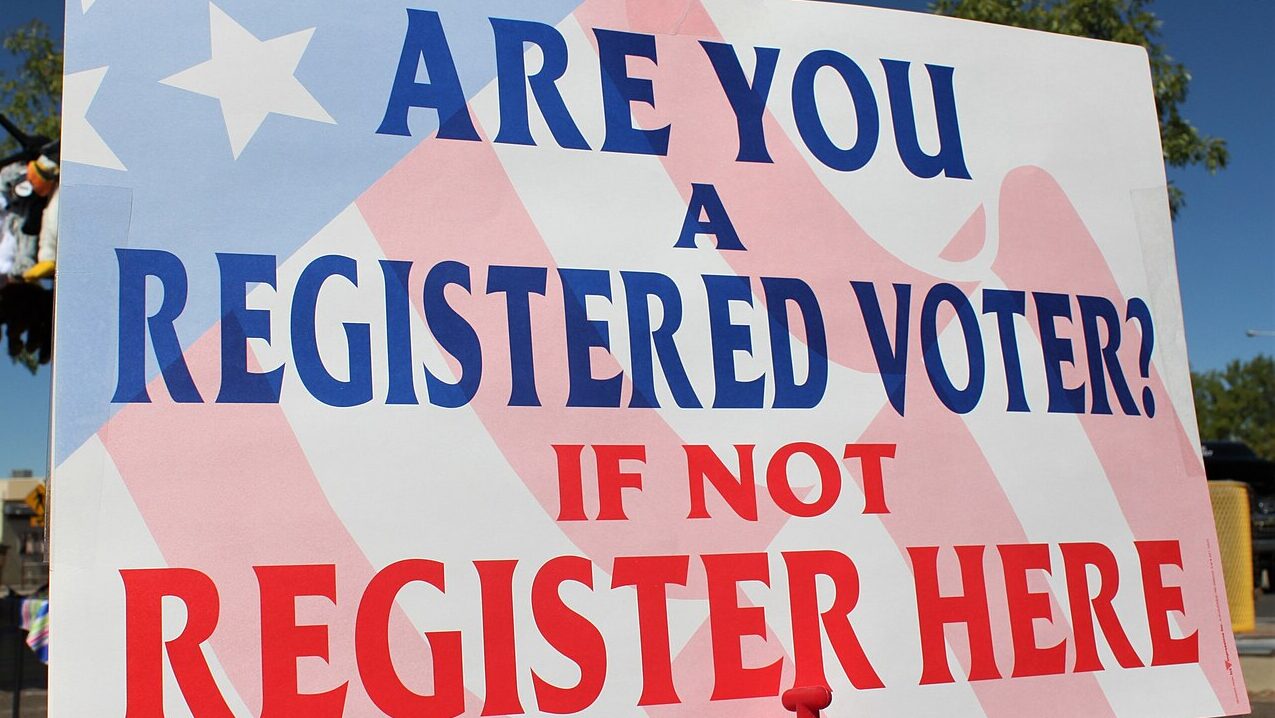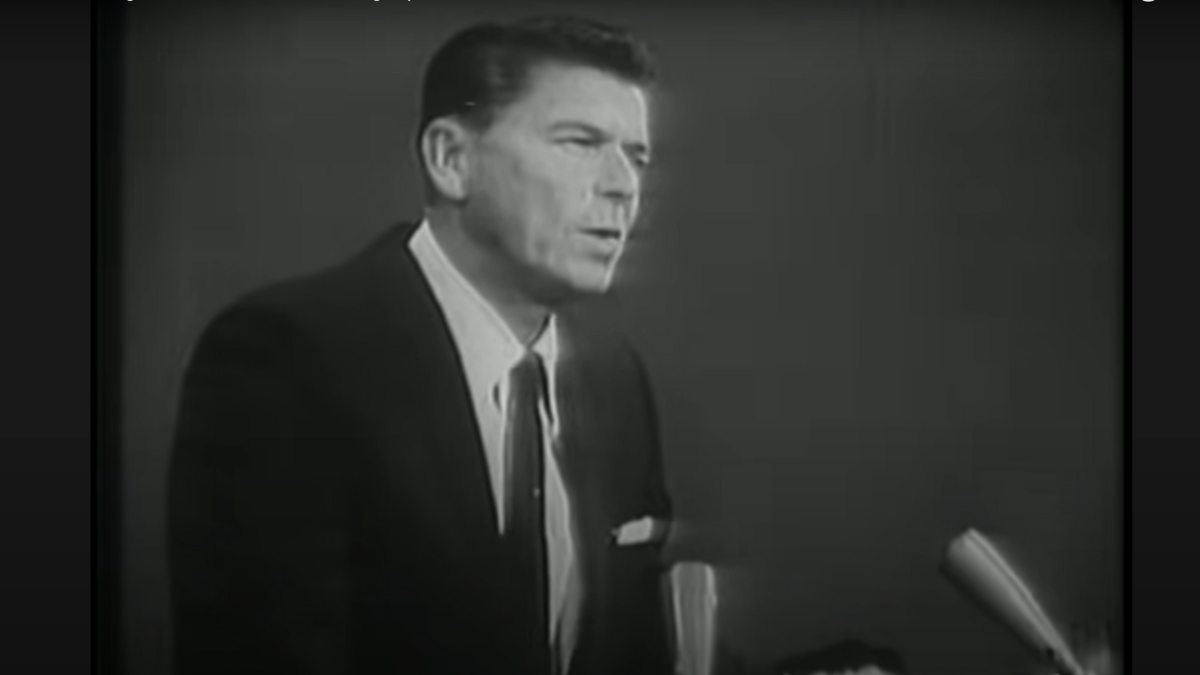Federal Reserve Officials Are Testing A ‘Central Bank Digital Currency.’ Here’s What That Means For Your Financial Freedom.
The COVID-19 pandemic has led to governments and private companies alike violating individual liberties, including financial liberties. For instance, Canada’s prime minister froze bank accounts of demonstrators against vaccine mandates, while PayPal executives threatened to withdraw funds from accounts promoting racism or misinformation.
The idea of a central bank digital currency (CBDC) has emerged in response to such violations. CBDCs are electronic forms of money managed by a central bank, are backed by a national government’s full faith and credit, and tethered to the value of the American dollar. Nations like China, Australia, Japan, India, Russia, and South Korea are currently exploring CBDCs, which have already been implemented in the Bahamas, Nigeria, and Jamaica, according to the Atlantic Council.
However, even though a CBDC in the United States would significantly alter the financial system, nearly three-quarters of the population remains unfamiliar with the technology, according to polls conducted by the Cato Institute. Large majorities and supermajorities oppose CBDC adoption, particularly if they led to the end of physical cash or allowed the government to monitor financial transactions.
The primary concern among opponents of CBDCs is privacy. Experts from the Cato Institute suggest that there’s “no reason to believe” that CBDCs would be exempt from laws requiring financial institutions to monitor transactions and gather personal details. CBDCs could also result in the government achieving complete transparency of every financial transaction made by a citizen, destroying what little privacy protections exist.
Proponents, though, assert that CBDCs could give more people access to the financial system, while others contend that a CBDC based on the dollar would reinforce its position as the world’s reserve currency. However, experts suggest these arguments don’t consider that even in the US, almost every household has either a checking or savings account and that trust in the dollar depends on robust institutions and property rights.
Despite these concerns, Federal Reserve Chair Jerome Powell has expressed openness to CBDCs, admitting he’s “legitimately undecided” due to balancing the technology’s costs and benefits. The central bank recently conducted a simulation with Citi, Mastercard, BNY Mellon, and other firms to assess the technology’s “feasibility of payments between financial institutions.”
Another Federal Reserve paper argues that a CBDC could preserve the dollar’s global role while minimizing cryptocurrency drawbacks, such as liquidity and credit risk. CBDCs could be safeguarded by privacy protection, intermediated via digital wallets from the private sector, and transferable between customers of different intermediary digital wallets with identity verification from banks discouraging money laundering. Powell says the Federal Reserve needs “very broad support in society and in Congress” before adopting CBDCs. However, there’s still a “good bit of gray area” on whether policymakers could implement the technology unilaterally and without congressional approval, making legal disputes likely.
“The views and opinions expressed here are solely those of the author of the article and not necessarily shared or endorsed by Conservative News Daily”
" Conservative News Daily does not always share or support the views and opinions expressed here; they are just those of the writer."





Now loading...